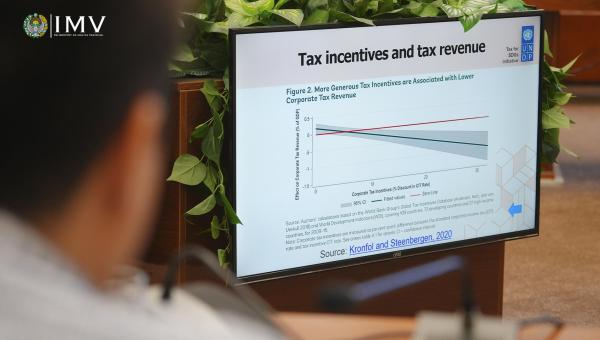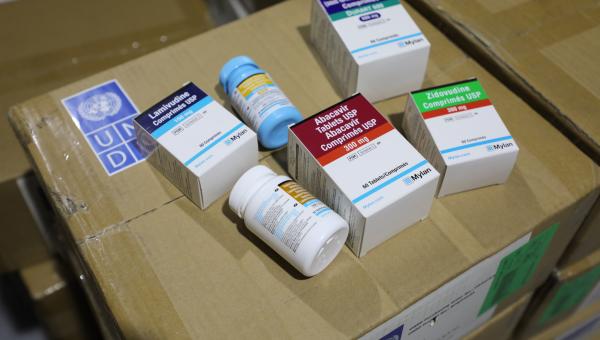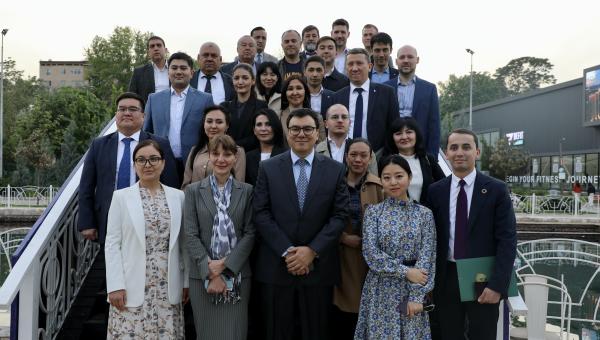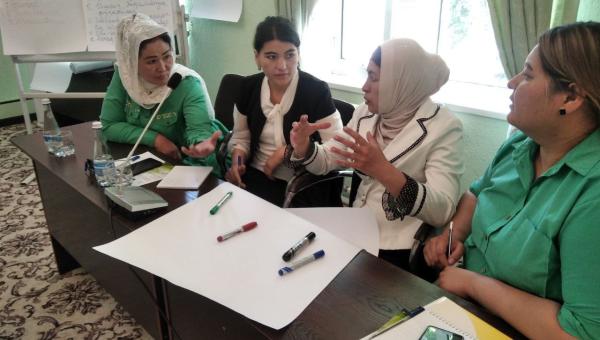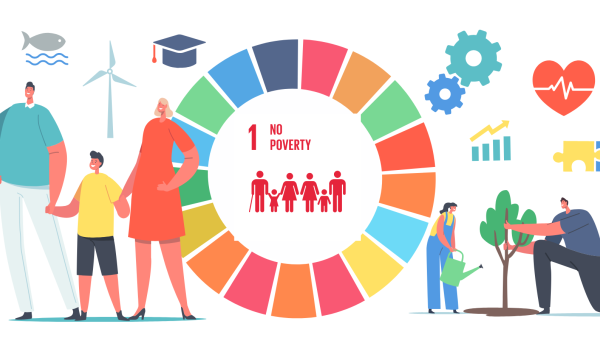[COMPLETED] Preventing corruption
Preventing corruption through effective, accountable and transparent governance institutions in Uzbekistan
Project summary:
Uzbekistan has put forward an ambitious goal to become an upper-middle-income country by 2030 with a specific focus on promoting decent work and improved well-being of the most disadvantaged groups. One of the key elements of the improved governance and effective public administration reform is the establishment of an effective and efficient anti-corruption system, which includes competent, strong and independent state bodies, comprehensive anti-corruption programmes and initiatives, active civil society organizations and citizens, as well as, a culture of intolerance towards corruption in the society.
“Preventing corruption through effective, accountable and transparent governance institutions in Uzbekistan” project is a joint initiative of the Ministry of Justice, the General-Prosecutor’s office and UNDP Uzbekistan. The project will draw on global expertise and good practice in the sphere of anti-corruption through UNDP’s Anti-Corruption for Peaceful and Inclusive Societies global project, based in the Global Centre for Public Service Excellence in Singapore, and will also benefit from regional technical experience from UNDP’s Istanbul Regional Hub, which has accumulated over two decades of relevant knowledge from anti-corruption and governance support in transition countries in Europe and Central Asia.
In line with Uzbekistan’s Action Strategy 2017-2021 and the country’s commitments under the global Sustainable Development Goals, this Project will contribute to the effective implementation of the Law of Uzbekistan on Anti-Corruption, as well as national commitments under the UN Convention Against Corruption (UNCAC) and the OECD/ACN Istanbul Plan of Actions with regard to prevention of corruption in the public sector.
Expected results:
- Providing legislative and policy support to integrate the anti-corruption solutions into the process of law-making, rule-making, and policy advice, including drafting legal and policy documents on preventing corruption.
- Strengthen human resource capacities of civil servants aimed at further improvement of knowledge and skills in the area of preventing corruption.
- Support to streamlining and digitalizing the public service delivery and interaction among and within government entities to ensure effective documents flow and transparency of public services for effective corruption preventing.
- Developing a culture of intolerance towards corruption in the society through knowledge and advocacy to support anti-corruption efforts, as well as, active cooperation between government, civil society and private sector.

 Locations
Locations
